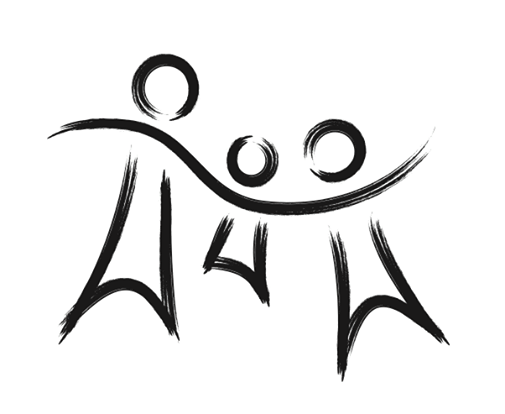
Young Women Are Just as Vulnerable to Radicalisation as Young Men
Safaa Boular, an 18-year-old girl from Vauxhall, was convicted of plotting a terrorist attack last week. After being found guilty of both discussing a grenade and gun assault on the British Museum and attempting to travel to Syria to join an Islamist group, she became one of the youngest females to ever become convicted of terrorism in the UK. She showed no reaction as the jury read out the verdict and told her that she will be sentenced in six weeks.
Boular’s journey from shy teenager to Islamist terrorist, was certainly concerning – but not unique. The Old Bailey heard that she met Hussain, a 30-year-old ISIS recruiter from Coventry, online when she was a 16-year-old struggling with bullying and fitting in at school. Like many teenage girls, she fantasised about marrying the man of her dreams. With three months of meeting online, her and Hussain declared their love for each other – her naivety became acutely apparent when the court heard that she regarded the relationship, which existed purely in a digital space, as an “Islamic marriage”.
What’s sad is that, despite the fact that she has committed a crime that is entirely inexcusable, and she deserves to be punished with the full weight of the British law, Boular was obviously a vulnerable individual who was clinically targeted. She was struggling to find acceptance amongst her peers, she had limited life experience and, according to evidence outlined in her trial, she had a fraught relationship with her mother.
Joel Bennathan QC, defending Boular, claimed that she was a child who was “groomed”. “Around November [2016] he proposed to me about an attack at Christmas,” Boular said. “He asked me if I was scared of being in an attack and I told him ‘yes I am’. Then he went back to the same usual lovey-dovey topics.”
She claimed that after Hussain realised that she would never meet up with him, he clumsily suggested that she carried out an attack on British soil and “said even if I need a car or a knife that’s what I should do”. She says she rebuffed that notion, then Hussain “just went back to the same conversation we had before – romantic, sweet”. It seems that women are just as vulnerable to radicalisation as men, but it just happens in a slightly different way.
The case involving Boular was the first example of an all-female terror sect in the UK, but it’s by no means the first example of young British females becoming radicalised. In 2015, three schoolgirls – aged 15 and 16 – were groomed online before travelling to Syria to take part in terrorist acts. We know for sure that one was killed, nobody knows what happened to the others.
In Boular’s case, however, online radicalisation ripped a family apart. It could have been much worse – it could have cost lives. There are many people out there who will use our children and do not have their best interests at heart. Which is why we must know how to spot the signs of our children becoming radicalised – click here to read our comprehensive guide. If you really want to protect your family, not only will you look out for the signs and know how to spot concerning changes in behaviour, but you will contact an organisation like us who can, and will, help.
